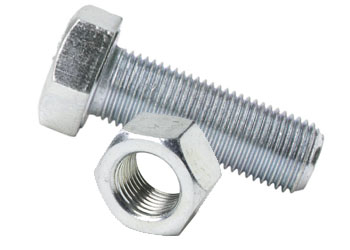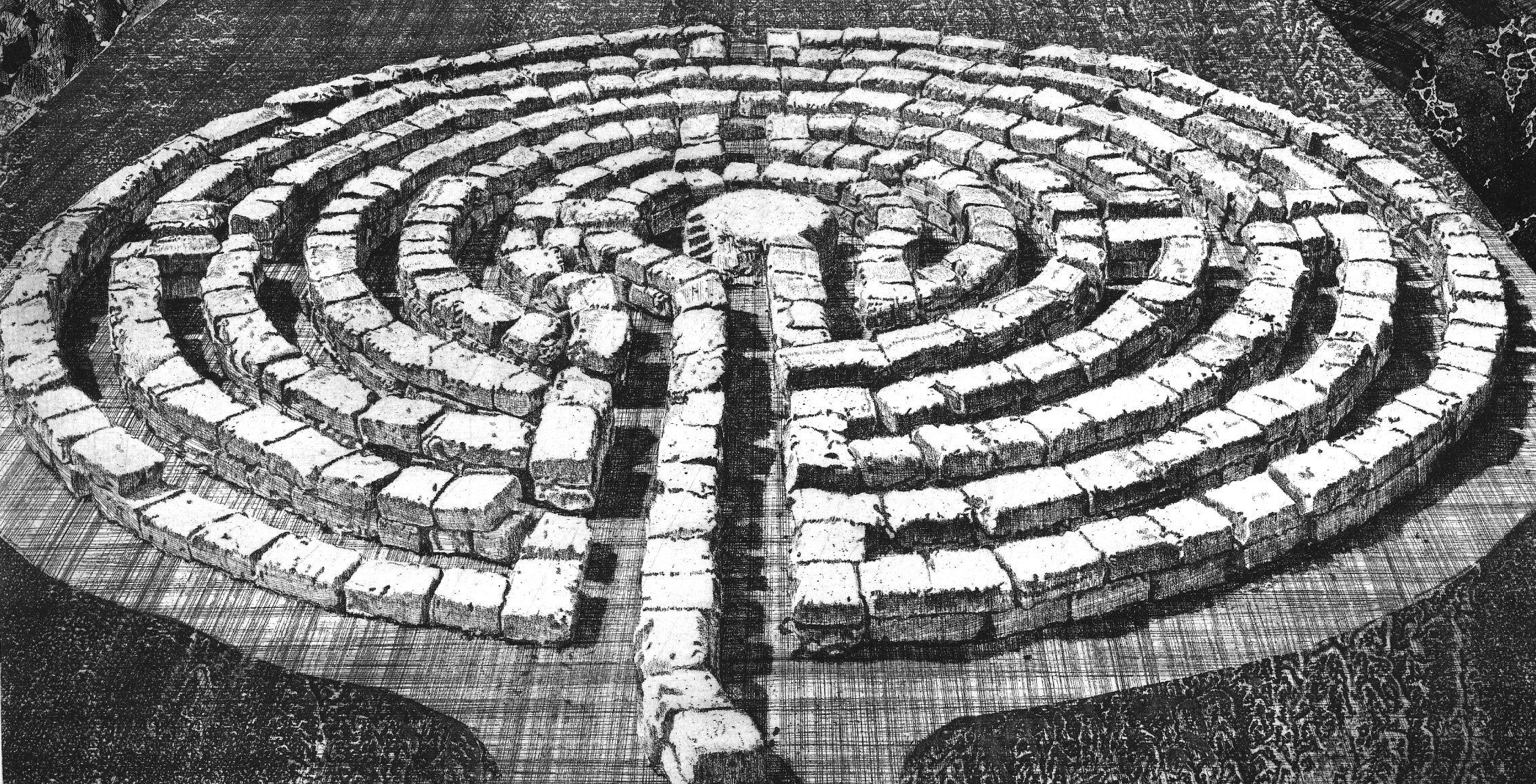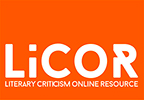 The purpose of LiCOR (Literary Criticism Online Resource) is to aid you in reading and interpreting different kinds of literature in a way that will provide you with a meta-perspective.
The purpose of LiCOR (Literary Criticism Online Resource) is to aid you in reading and interpreting different kinds of literature in a way that will provide you with a meta-perspective.
But what is a meta-perspective? And why do we think you need to know about it?
Meta means something like “beyond”; a meta-perspective might be called an “over-perspective” – a position from which we can see the “nuts and bolts”, the literary devices and techniques employed by a writer to achieve certain effects.
Often we read literature in an immersive way. We feel that “we get to know” the characters in a story; we cheer the ones we like and we boo the bad guys and we wonder how it’s all going to turn out in the end. This is a valuable and pleasurable aspect of reading, but it doesn’t make it easy to analyse a text. In order to do that properly, we need to take a step beyond the immersed state and look at piece of literature from above, as it were.
Think of it as the difference between being inside a labyrinth and looking at it from above.

Or think of it as the difference between being a driver and being a mechanic. Only when you look under the bonnet of a car can you fully appreciate how it is put together and how it works. In other words, literary analysis relies on objective distance as well as close scrutiny.

Some people worry that if you know too much about the “technical” side of literature it might reduce the pleasure of reading, because you stop responding on an emotional level and begin to look at texts critically instead. But, the result of knowing more about how literature works actually tends to be the opposite: you garner more pleasure from it when you know something about the nuts and bolts. It is perfectly possible to be a mechanic and drive a car.
In fact, the more you know about how your car works, the more confident you can be about handling it, and – if you have discovered that the car you’re driving is a particularly good one, from the design of its chassis to the efficacy of its engine – the more happy you will feel about being in the driver’s seat. Your patience with bad cars, i.e. bad literature, may be reduced somewhat but that is no loss at all.
Speaking of “bad” literature: despite the presence of the word “criticism” in the title of this web site, the purpose of LiCOR is not to teach you how to make value judgments about literature, that is, to determine whether a book or a poem is “good” or not. Quality is more than anything a question of taste, and the criticism in question is not evaluative, but analytical.
In sum, then, the purpose of LiCOR is to provide you with an awareness of what literature is, and to give you a skillset that you can use when reading and analysing works of literature.
